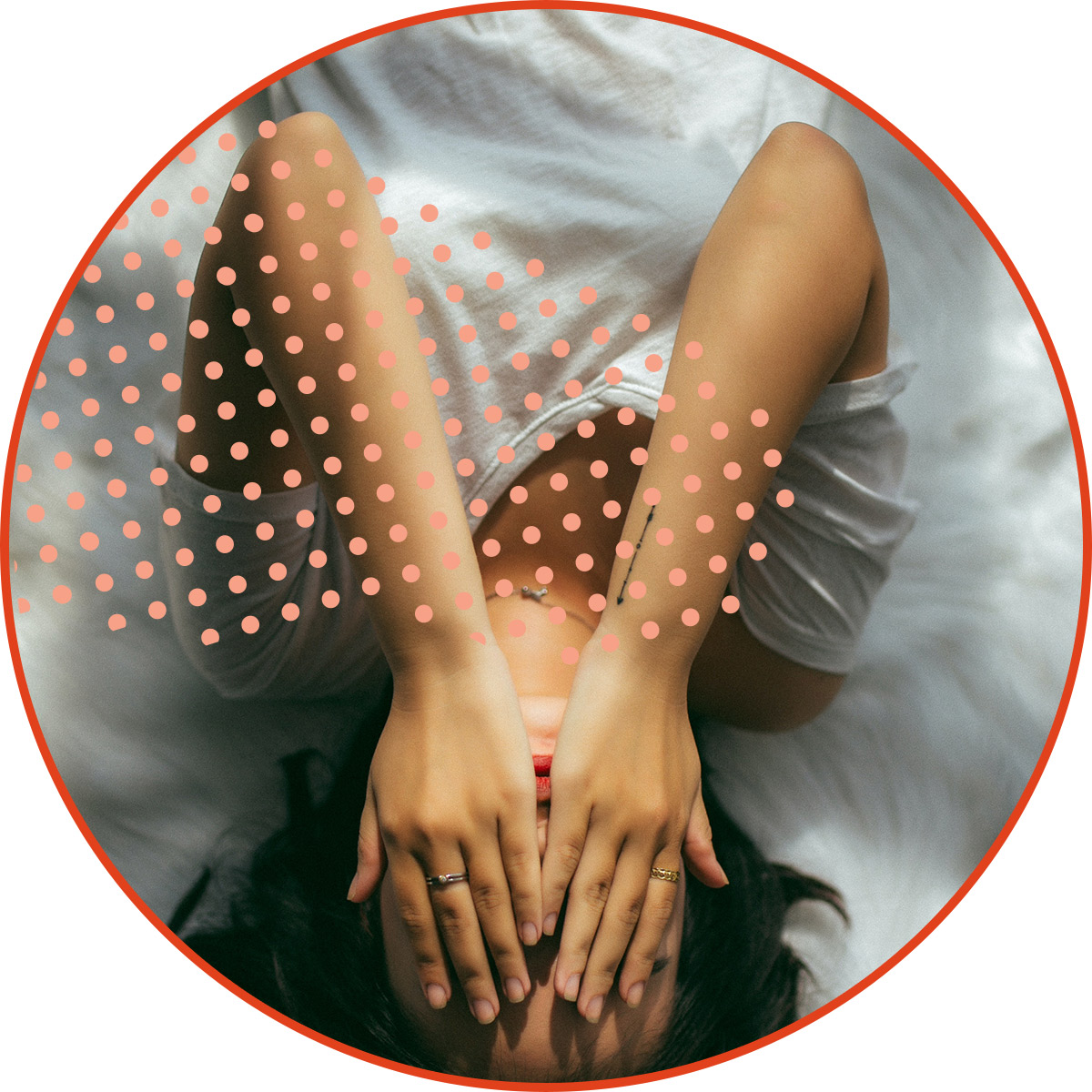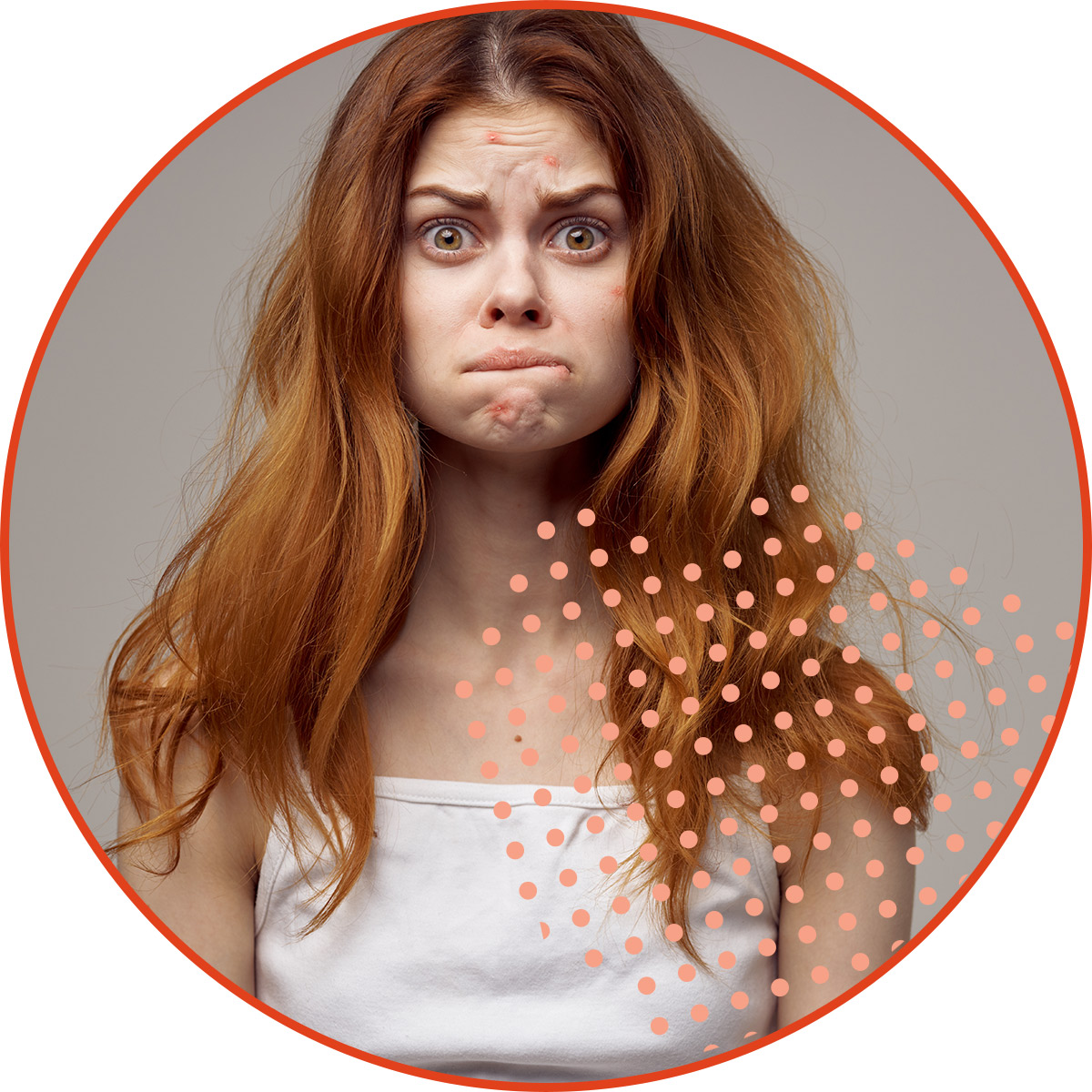As a physician for adolescent girls and young women (and as an 80s girl who grew up feeling all the pressure to be thin) eating disorders have always been on my radar. They are common, serious, and tricky to recognize and treat. Over the years, I’ve been involved in the diagnosis and treatment of many anorexic girls. I’m as confident as physician can be in understanding the risk factors, prevention strategies, warning signs, and diagnosis.
So when I ended up with 3 daughters, I was pretty sure anorexia was one health condition my girls would not have to deal with. I raised them with body positivity and confidence-growing experiences. I fed them mostly-healthy-but-not-restrictive nutrition. They had open-access to ice cream and other treats in the house. I wasn’t worried.
Until I realized that my daughter was anorexic.
In retrospect, there were some vague warning signs. I noticed weight loss, but she had been sick, recently diagnosed with Celiac disease which meant she had to remove all gluten (bread and pasta – her favorites) from her diet. Her friends and their mothers noticed her weight loss and, like so many women and girls, kept telling her how great she looked.
We talked openly about getting enough nutrition as we learned the ins and outs of her new gluten-free diet. She assured me she was fine, but some of her behaviors were beginning to change. She was keeping her room immaculate. She was unusually quiet — or explosive. When she sat at the kitchen table, she kept her legs bouncing in constant motion. I remember noticing her boney spine at the kitchen counter one day, but then telling myself in total denial, “Nah, it can’t be…she’s just been sick. She’s not the anorexic type. She’s always been so confident and happy.” But instinctively, there was doubt and worry. I found myself in a sideways glance, eyes squinting as I questioned my own internal voice. It finally struck me. My daughter was anorexic.
How did I let this happen? I felt like an idiot. I felt like a horrible mother. I questioned my clinical skills.
Without detailing two of the most difficult years of my life, let me tell you a few personal insights I gained during her recovery (and my therapy) and since then:
- It can happen to anyone in any family.
- It is not caused by a parenting failure.
- Early recognition and aggressive treatment are critical to recovery.
- Treatment is hard.
- Families do hard things.
- Full recovery is possible.
In the time since we faced this in our family, more research has improved what we understand about anorexia and other eating disorders.
Here are some facts you should know about anorexia (we also offer an on-demand video class, Understanding Anorexia, HERE):
👉🏼 The causes are complex and a combination of genetics, her environment, and weight loss triggers. Check out this video tip for details on the risk factors.
👉🏾 It is a brain-based illness that can have lasting effects on physical growth, brain function, and mental health.
👉🏽 There is no stereotype to identify those who will develop anorexia – all genders, sizes, shapes, races are susceptible, but most of the time, it starts in childhood or early adolescence (and currently, it’s starting at younger ages than ever before).
👉🏼 She does not need to believe she is fat or have a distorted body image to have anorexia.
👉🏾 Over ⅓ of kids diagnosed with anorexia today are overweight or obese, but their diagnosis is often delayed because our society is fat-phobic and thinks weight loss is always good for overweight kids – no matter how they lose the weight.
👉🏽 Early recognition and treatment increase the possibility of full recovery.
👉🏼 The primary treatment is food, not medications.
👉🏾 The anorexic patient’s brain is not functioning normally because of malnutrition. We are learning more and more about the importance of nutrition in the way the brain develops and functions. The brain cannot recover (including emotions, decision making, insight) until it is fed appropriately. Until she recovers, she cannot make rational decisions that involve eating habits or food.
👉🏽 The most effective treatments are family-based and occur within the home (not in a hospital). Therapists and nutritionists experienced in treating eating disorders provide guidance and support, but the family does most of the work.
👉🏼 If anorexia affects your family or a friends’ family, there should be no shame or embarrassment. This disease is no different than any other for which we eagerly offer empathy and support.
👉🏾 If you have concerns about anorexia and your child, please speak with her doctor as soon as possible!






